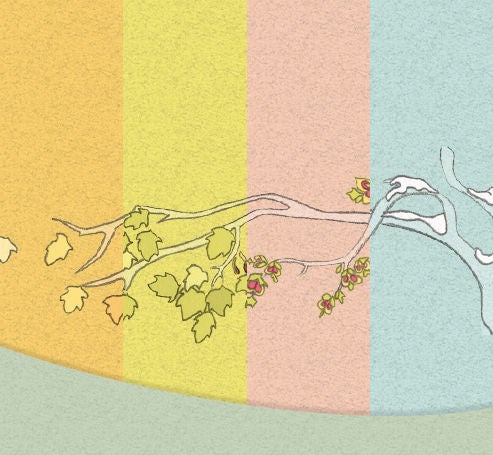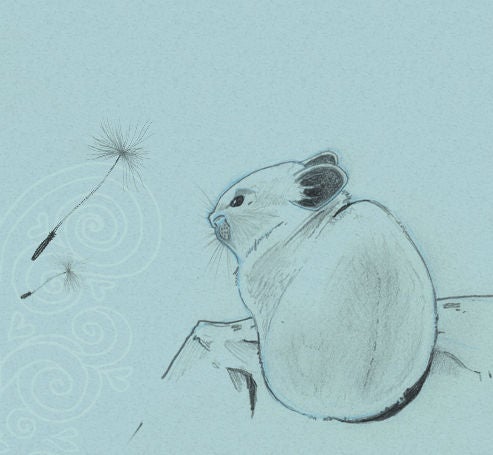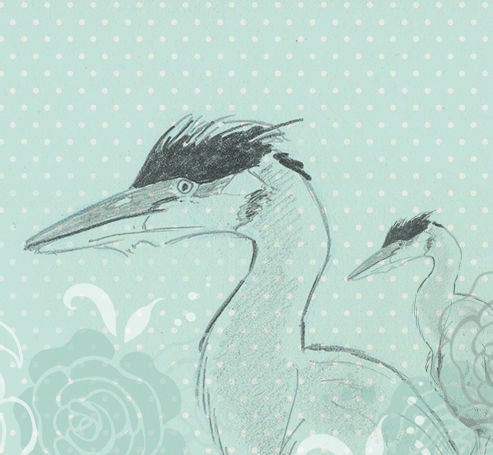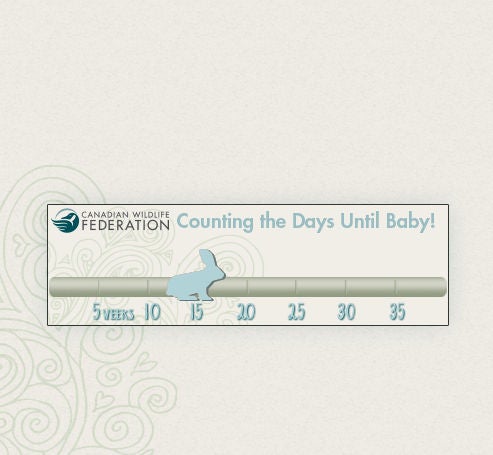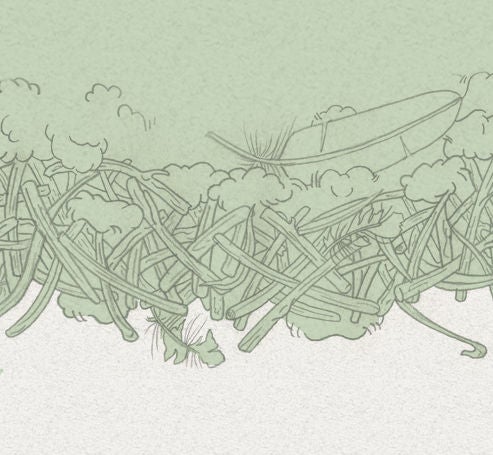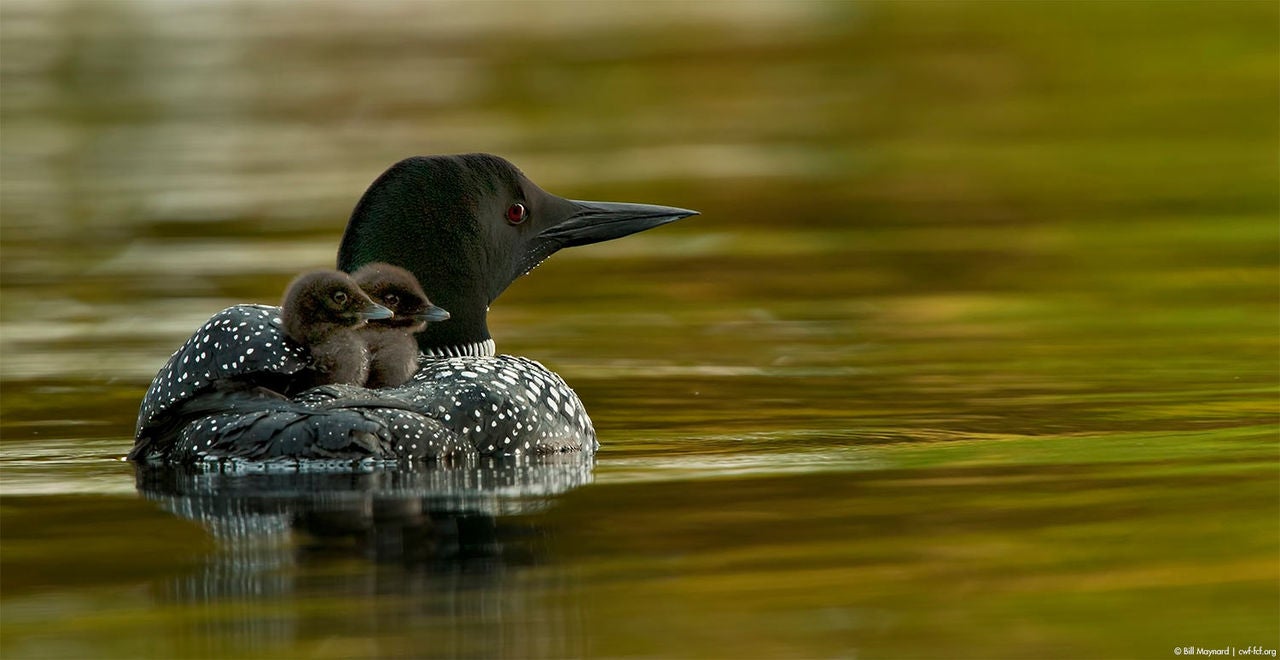You’re Connecting with Your Baby in a Whole New Way this Month!
Research has found that babies in utero are able to hear low-pitched sounds better than high pitched ones. That means your baby is listening to your breaths, your heart beat as it pitter patters, how you’re digesting your food, and your voice as it quivers through your bones. The noises you make are the first sounds your baby will ever hear. Isn’t that remarkable?
In celebration of such an exciting milestone, why don’t you make it a point to channel your baby this month? Go out of your way to listen to beautiful sounds. That means steering clear of the hustle and bustle. City noises can actually boost your stress hormones, drive down your immune system, disrupt your sleep and make you moody. The sounds that nature emits, on the other hand, work in opposition – bettering your sleep, mood and keeping your stress levels in check.
Permission to Tune In!
WINTER
When old man winter coats your town with a fresh new layer of snow, bundle up and head outdoors. Listen. Have you ever heard anything so peaceful? It seems like the snow has turned down the volume on the world, leaving us all with a little silence. But make no mistake! Many animals are busy under all that snow. After 15 to 25 centimetres of snow hits the ground, small mammals, like mice and voles, duck under the snow to stay warm for the winter. But they’re not snoozing. Mice and voles make tunnels, store food and chow down on plant stalks until spring. Learn more about the winter world of wildlife!
SPRING
Crack! Bang! Rumble. When the forecast calls for rain, open your window a crack. Listen. There’s something so soothing about listening to a thunderstorm, isn’t there? While it’s easy on the ears, it’s not so easy on our waterways. Unfortunately, all that rain splattering onto roads and rooftops, as well as lawns and driveways, picks up pollutants like oil, pesticides and pet wastes along the way, carrying them into local streams, lakes and rivers. Luckily, small actions can really turn the tide on water pollution!
SUMMER
Do you have a stream, brook or river in your neighbourhood? If you’re very lucky, maybe you’re close to the ocean! Make a point this month to visit a water source near you. Listen. There’s something so calming about the sound of water in motion — the gurgling of a brook, frogs croaking, the ocean waves crashing ashore and crickets chirping too. It’s so important to protect our waterways. Luckily, small actions can really turn the tide on water pollution!
AUTUMN
When the leaves start to fall to the ground, grab a sweater and head outdoors. Listen to the crunch of leaves underfoot and songbirds singing their last songs before they make their journey south. Have you ever heard anything so peaceful? Help those songbirds bulk up for the journey ahead by choosing birdseed blends made up of oil seeds like niger, sunflower or canola for your birdfeeder. Don’t forget to keep it stocked!
 If you were a big horn sheep, you would be expecting your baby any day now!
If you were a big horn sheep, you would be expecting your baby any day now!
The gestation period for big horn sheep is between 175 and 180 days. Females will leave her flock and seek out a secluded gully or canyon to give birth to her lamb or, in some cases, twins. After two or three days, they will rejoin the flock.
- 0
- 1
- 2
- 3
- 4
- 5
- 6

